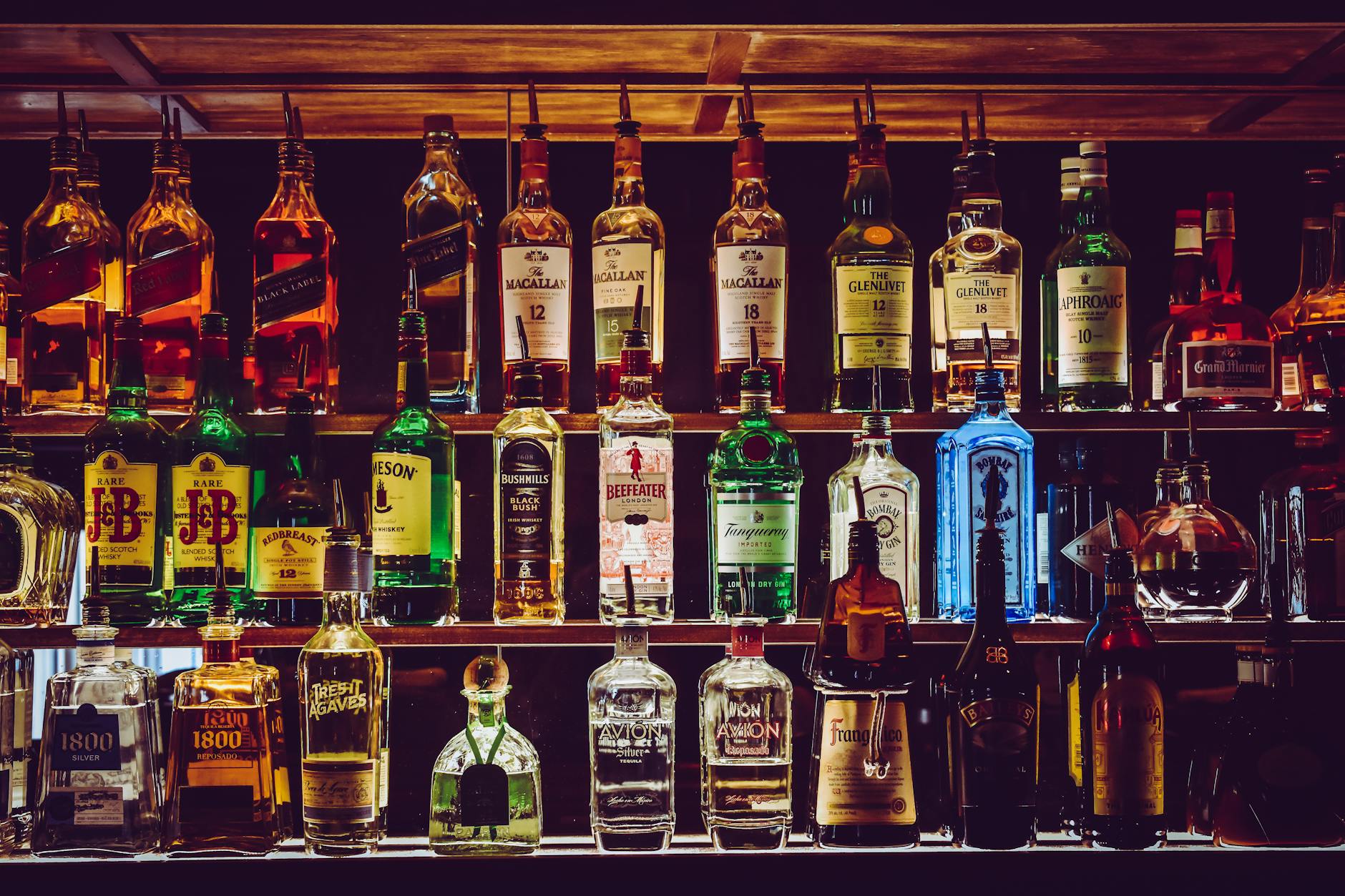Discover the intriguing factors that impact intoxication levels and how science plays a role in understanding our limits. Read more!

Image courtesy of Chris F via Pexels
Table of Contents
Have you ever wondered how many beers it takes to get drunk? This common question is often asked but the answer is not as straightforward as you might think. The number of beers needed to reach a state of intoxication can vary greatly from person to person due to a variety of factors. In this blog post, we will delve deep into the science behind alcohol metabolism, individual tolerance levels, and the various factors that can influence how quickly someone gets drunk.
The Science of Alcohol Metabolism
Alcohol metabolism is a complex process that occurs in the liver. When you consume alcohol, it is broken down into acetaldehyde by an enzyme called alcohol dehydrogenase. Acetaldehyde is then further metabolized into acetic acid by another enzyme called acetaldehyde dehydrogenase. These processes take time, which is why you start to feel the effects of alcohol gradually as your body works to metabolize it.
Several factors can influence the rate at which alcohol is metabolized in the body. Age, weight, gender, and genetics all play a role in how quickly your body processes alcohol. Younger individuals tend to metabolize alcohol faster than older individuals, while those with a higher body weight generally metabolize alcohol more slowly. Additionally, men tend to metabolize alcohol faster than women due to differences in enzyme production and body composition.
Individual Tolerance Levels
Tolerance to alcohol is another key factor in how many beers it takes to get drunk. Tolerance refers to the body’s ability to handle larger amounts of alcohol without experiencing the same effects. Regular alcohol consumption can lead to an increase in tolerance levels, meaning that you may need to drink more alcohol to achieve the same level of intoxication as before.
Individual differences in enzyme production and liver function can also impact tolerance to alcohol. Some people are born with higher levels of alcohol dehydrogenase and acetaldehyde dehydrogenase enzymes, allowing them to metabolize alcohol more efficiently. On the other hand, individuals with lower levels of these enzymes may experience intoxication more quickly and with less alcohol consumption.
Factors Influencing Intoxication
Aside from metabolism and tolerance levels, there are a variety of other factors that can influence how quickly someone gets drunk. Drinking on an empty stomach can lead to faster absorption of alcohol into the bloodstream, resulting in quicker intoxication. Mixing alcohol with other substances, such as medications or energy drinks, can also amplify the effects of alcohol and increase the likelihood of intoxication.
Feeling fatigued or sleep-deprived can further intensify the effects of alcohol, making you feel drunker than you would otherwise. It’s important to consider these factors when drinking alcohol and to be mindful of your body’s response to avoid overconsumption and its potential consequences.
In conclusion, the question of how many beers it takes to get drunk is not as simple as it may seem. The science behind alcohol metabolism, individual tolerance levels, and the various factors that can influence intoxication levels all play a role in determining how quickly someone reaches a state of drunkenness. By understanding these factors and being aware of your body’s response to alcohol, you can make informed decisions about your drinking habits and practice responsible alcohol consumption.
FAQs
How does age affect alcohol metabolism?
Age can impact alcohol metabolism, with younger individuals generally metabolizing alcohol faster than older individuals due to differences in enzyme production and liver function.
Is there a difference in how alcohol affects men and women?
Yes, men tend to metabolize alcohol faster than women due to variations in enzyme production and body composition.
Can tolerance levels to alcohol change over time?
Yes, regular alcohol consumption can lead to an increase in tolerance levels, requiring individuals to consume more alcohol to achieve the same level of intoxication.
How can mixing alcohol with other substances impact intoxication levels?
Mixing alcohol with medications or energy drinks can amplify the effects of alcohol and accelerate intoxication, potentially leading to increased levels of drunkenness.
Generated by Texta.ai Blog Automation
Leave a Reply